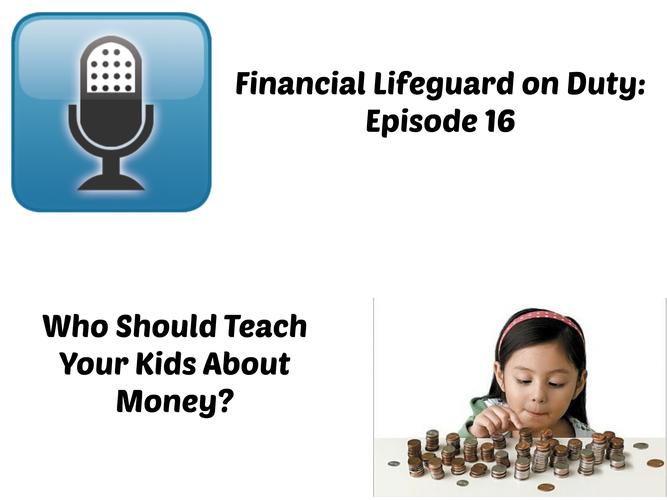
Understanding the Importance of Financial Literacy
Financial literacy is a crucial skill that everyone should possess. It’s not just about managing your money, but also about understanding the financial world around you. One effective way to develop this skill is through playing games that teach about money. These games can be both entertaining and educational, making the learning process enjoyable and memorable.
Types of Money-Based Games
There are various types of money-based games available, catering to different age groups and interests. Here are some popular ones:
| Game | Age Group | Focus |
|---|---|---|
| Monopoly | 8+ | Real estate investment and property management |
| The Game of Life | 8+ | Financial planning and career development |
| Personal Capital | 13+ | Investment management and retirement planning |
| Banking on Kids | 6-12 | Banking and saving |
Benefits of Playing Money-Based Games
Playing money-based games offers several benefits, including:
-
Developing financial knowledge: These games help players understand various financial concepts, such as budgeting, saving, investing, and managing debt.
-
Improving decision-making skills: Players learn to make informed financial decisions based on the game’s rules and their own strategies.
-
Encouraging responsible behavior: Money-based games can teach players the importance of being responsible with their finances, such as avoiding overspending and saving for the future.

-
Enhancing communication skills: Many money-based games involve teamwork, which can help players develop better communication and collaboration skills.
Best Money-Based Games for Different Ages
Here are some money-based games that are suitable for different age groups:
-
Preschoolers (3-5 years): Sesame Street: Save and Share is a fun and interactive game that teaches basic financial concepts like saving and sharing.
-
Elementary school students (6-12 years): Banking on Kids is a game that teaches children about banking and saving, while Mint Kids helps them learn about budgeting and managing their allowance.
-
Teens and adults: Personal Capital is a game that teaches investment management and retirement planning, while The Game of Life helps players plan their financial future through different career paths.
Interactive Online Money-Based Games
With the rise of online gaming, there are now many interactive money-based games available. Here are a few popular options:
-
Khan Academy: Money and Banking offers interactive lessons and quizzes on financial concepts.
-
Practical Money Skills for Kids provides a variety of games and activities to teach children about money management.
-
Mint Kids is a fun and interactive game that helps kids learn about budgeting and managing their allowance.
Conclusion
Playing money-based games is an excellent way to develop financial literacy and make learning about money fun and engaging. Whether you’re a child




